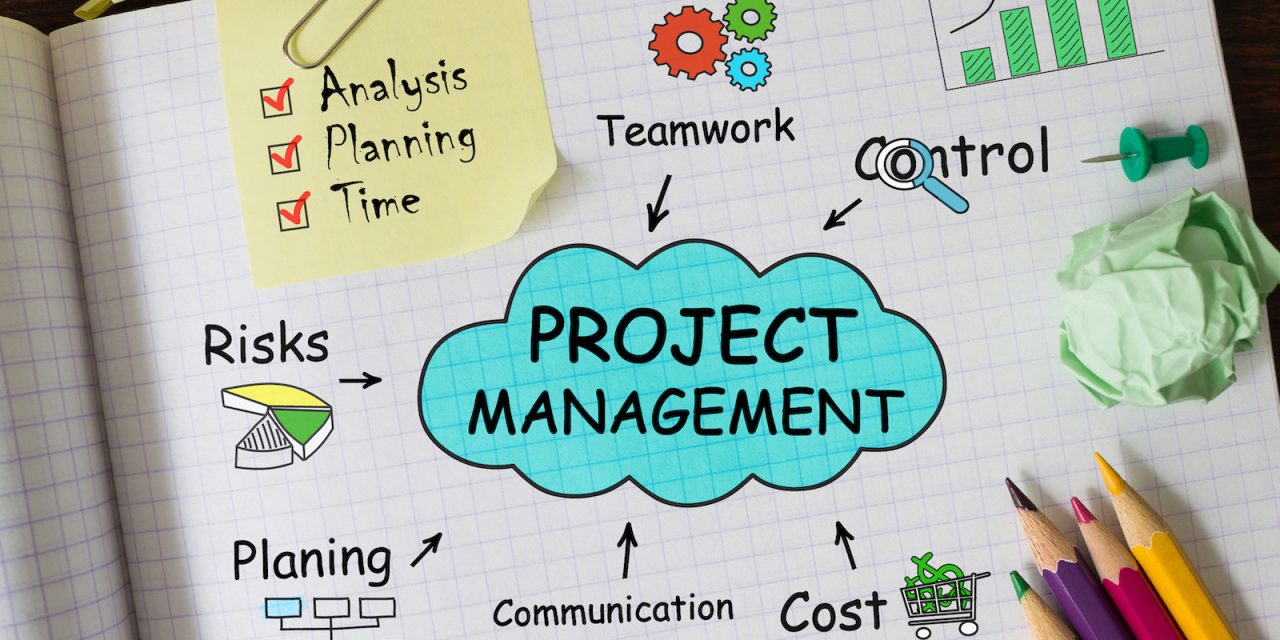Product management is a crucial function in any organization, responsible for developing and launching new products or enhancing existing ones. However, product management is not a linear process, but rather a cycle that involves multiple stages and continuous improvement. In this blog, we will explore the product management cycle, its key stages, challenges, and best practices.
What is the Product Management Cycle?
The product management cycle is a continuous process that involves the development, launch, and ongoing management of a product or service. The cycle typically starts with the ideation phase, where the product idea is generated, and ends with the retirement phase, where the product is removed from the market. The product management cycle is an iterative process, where feedback from customers, market trends, and internal stakeholders inform the product roadmap and development process.
Key Stages of the Product Management Cycle
The product management cycle typically consists of the following stages:
- Ideation: This stage involves generating product ideas and identifying customer needs and pain points. The ideation phase can be initiated by various sources, including customer feedback, market trends, competitor analysis, and internal brainstorming sessions.
- Research and Analysis: In this stage, the product manager conducts market research to validate the product idea and identify potential market opportunities. The research can include surveys, focus groups, and customer interviews.
- Planning and Strategy: Based on the research and analysis, the product manager creates a product roadmap that outlines the product features, target market, pricing strategy, and launch timeline. The product manager also collaborates with cross-functional teams, including engineering, design, and marketing, to align the product strategy with the company’s overall goals and objectives.
- Development: This stage involves building and testing the product. The product manager works closely with the engineering and design teams to ensure that the product meets customer needs and is aligned with the product roadmap.
- Launch: Once the product is developed, the product manager launches it in the market. The launch involves various activities, including marketing, sales, and customer support. The product manager monitors the product performance and collects feedback from customers to identify areas for improvement.
- Growth and Optimization: In this stage, the product manager focuses on optimizing the product performance and expanding its market reach. The product manager uses various metrics, including customer retention, acquisition, and revenue, to track the product’s success and identify areas for improvement.
- Retirement: Eventually, the product reaches the end of its life cycle, and the product manager must decide to retire the product. The retirement decision can be based on various factors, including declining sales, outdated technology, or customer demand.
Challenges in the Product Management Cycle
Product management is a complex process that involves numerous stakeholders, including customers, engineering teams, and executives. As a result, product managers often face various challenges throughout the product management cycle, including:
- Lack of resources: Developing and launching a product requires significant resources, including time, money, and personnel. Product managers must navigate limited resources while ensuring that the product meets customer needs and is aligned with the company’s overall strategy.
- Changing market trends: The market is constantly evolving, and product managers must keep up with the latest trends and adapt their product strategy accordingly. Failure to do so can result in a product that is out of touch with the market and fails to meet customer needs.
- Communication barriers: Product managers must communicate effectively with various stakeholders, including customers, engineers, designers, and executives. Failure to communicate effectively can result in misunderstandings and delays.
Conclusion
Pritish Kumar Halder also known as Pritish K Halder is a present day technological expert. Pritish Halder has intensified knowledge in divergent arenas of information.










